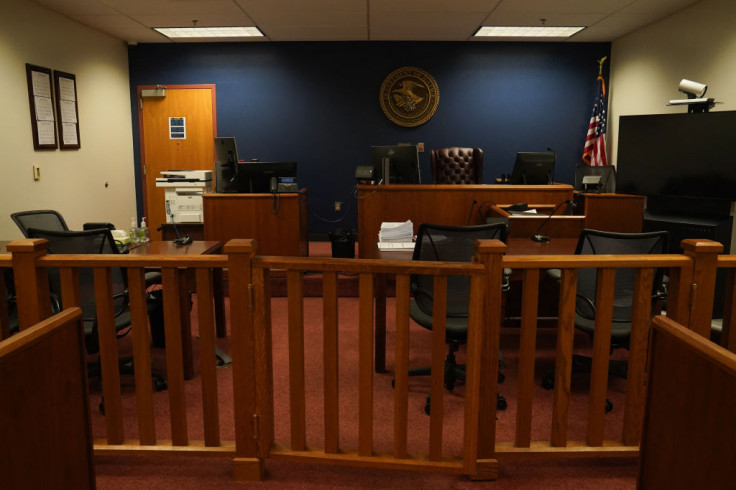
California will begin restricting access to a key legal aid fund for undocumented immigrants with serious or violent felony convictions starting next year, marking the first eligibility change to the Equal Access Fund since its creation over 25 years ago.
The Equal Access Fund, administered by the State Bar of California, provides civil legal aid to low-income residents, including services for housing, health care, and immigration. The new restriction means individuals with certain felony convictions will no longer be eligible for assistance funded through the program beginning in 2026.
The decision is drawing criticism from immigrant advocates, who warn it could severely limit access to legal services for vulnerable individuals facing deportation or detention.
"This rolls back decades of progress," said Bruno Huizar of the California Immigrant Policy Center to California's CapRadio. "Many people have already served their sentences and rebuilt their lives. Excluding them from legal support increases the risk of wrongful deportation and permanent family separation."
Advocates say the timing is particularly concerning, citing a surge in federal immigration enforcement actions across California. Lorin Klein, director of advocacy at the Legal Aid Association of California, said the decision undercuts the state's longstanding commitment to due process. "This just creates fear in communities that are already afraid," she said.
Republican lawmakers have repeatedly criticized the use of taxpayer funds for defending undocumented immigrants with criminal records. Earlier this year, Democrats added $10 million to the Equal Access Fund and another $10 million to a separate immigration legal assistance program, sparking backlash from the GOP, with Republican Assembly Leader James Gallagher agruing the move highlighted how "out of touch" Democrats had become.
In response, Democrats included new restrictive language in this year's budget agreement, barring funds from being used for individuals with serious or violent felony convictions.
Giselle Garcia, a volunteer with NorCal Resist, told CapRadio that the policy will leave many immigrants without recourse. "Private attorneys can cost tens of thousands of dollars, and most people don't have that kind of money, especially without a work permit," she said. Garcia added that the restriction reinforces harmful narratives and deters people from seeking help.
The move comes as California has also scaled back other programs serving undocumented immigrants. Late last month, Governor Gavin Newsom signed a state budget that cuts funding for Medi-Cal benefits for undocumented adults, reversing a previous pledge to offer universal health coverage regardless of immigration status.
The changes, driven by a $12 billion deficit, include ending new enrollment in Medi-Cal for undocumented immigrants starting in January and eliminating dental benefits in 2026.
© 2025 Latin Times. All rights reserved. Do not reproduce without permission.






